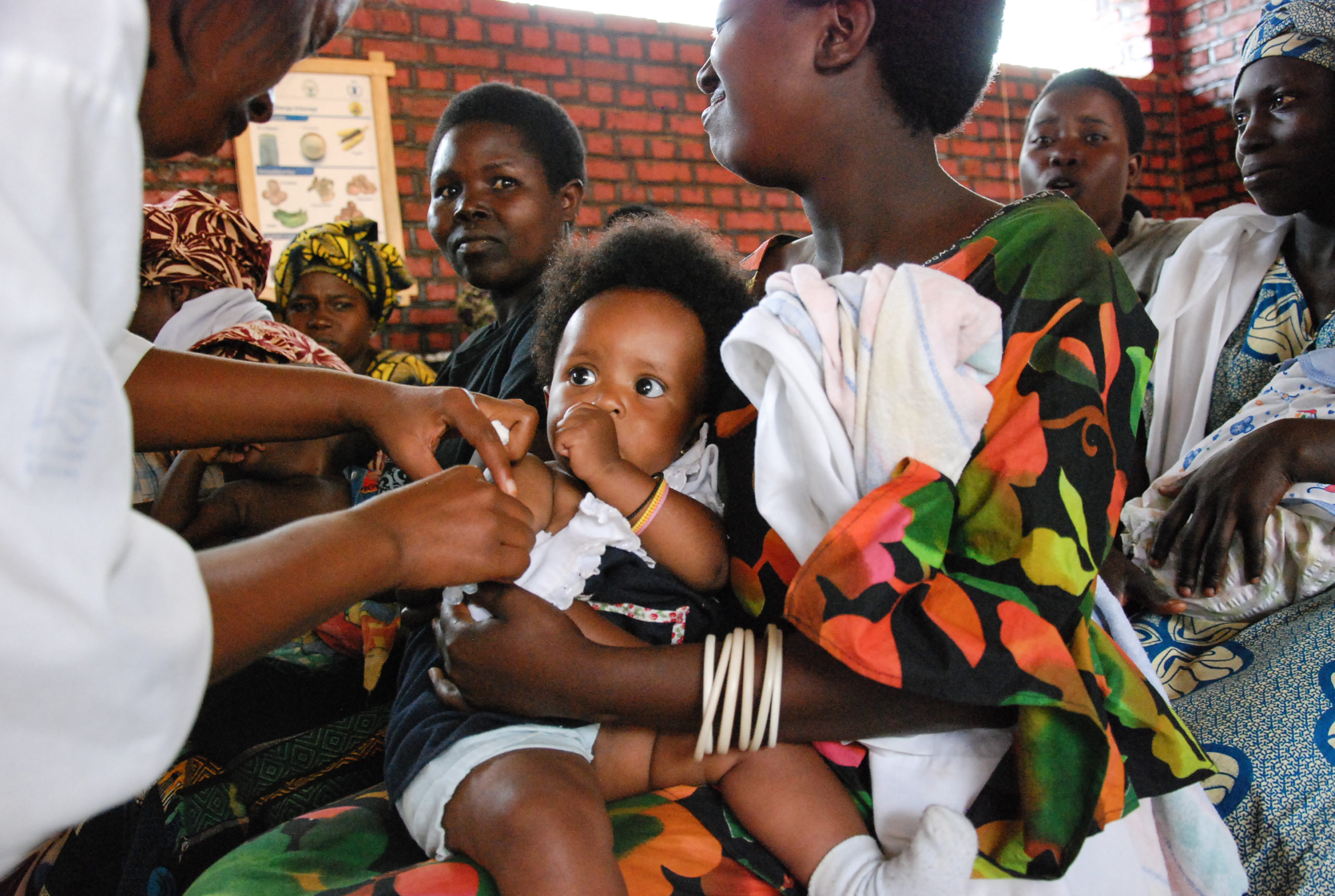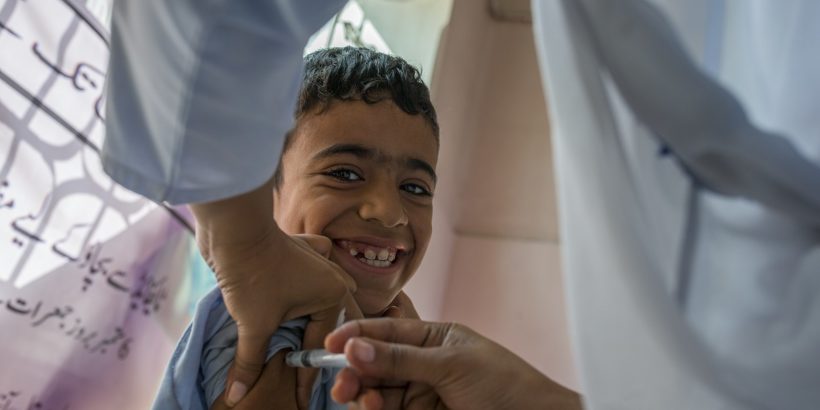In December, I dubbed 2019 “a year to celebrate.” TyVAC published promising interim results from the study in Nepal that showed the new typhoid conjugate vaccine (TCV) safe and effective in preventing more than 80% of typhoid cases in children as young as 9 months and Pakistan was the first country to introduce TCV into their routine immunization program. I anticipated the momentum to carry into 2020 as more countries, including Liberia and Zimbabwe, planned national introductions of TCV.
December 2019 also brought the emergence of COVID-19. Within a few short months, the novel coronavirus ballooned into a global pandemic of unprecedented scale. It has disrupted business as usual and threatens to derail hard-fought gains against a host of diseases. Studies have been halted; meetings and travel cancelled; mass immunization campaigns rescheduled or postponed; and healthcare personnel and facilities refocused to COVID-19 response efforts.
Without question, extreme precautions are necessary to stem the devastating impacts of this disease. COVID-19 is affecting health systems around the world, but poses an especially grave threat to resource-strained communities. However, we know that without preventive care such as immunizations, millions are at risk of contracting vaccine-preventable diseases, including measles, polio and typhoid. Zimbabwe has already reported new cases of typhoid in Harare.

One feared fallout of COVID-19 is the significant setback in eradication campaigns and the further resurgence of other old killers. Millions of children risk missing out on routine childhood vaccines, which leaves them vulnerable to infections from pneumonia, yellow fever, measles and polio. In addition, if children aren’t vaccinated against pneumonia, we could see an increase in the disease from both missing the vaccine and from COVID-19 increasing children’s susceptibility to the disease.
While it is a delicate and difficult balance, it is one we must navigate thoughtfully and carefully. We can’t trade COVID-19 deaths for deaths due to vaccine-preventable diseases. Strong health systems require maintaining routine immunization to sustain progress toward health equity, keep the most vulnerable populations healthy, and limit related impacts of COVID-19. In order to do this safely, we must ensure that low-income countries have the resources to adopt recommended infection control and prevention strategies to prevent or limit transmission of COVID-19 in healthcare settings.
While COVID-19 presents one of the biggest challenges the global community has faced, World Immunization Week reminds us that vaccines are the foundation of health and well-being. So, how do we strike a balance? First, we must continue routine immunization as much as possible during the pandemic. It is important to maintain surveillance of vaccine-preventable diseases so when restrictions are lifted interventions can quickly target disease hot-spots. Looking to the future, we must begin strategic planning for catch-up vaccination campaigns, identifying those who missed immunizations. As part of this, it is important we ramp up community engagement and education to address questions, rumors and concerns related to COVID-19. Lastly, we must remember the progress made and continue our commitment to take on typhoid and make #VaccinesWork For All.
Cover photo courtesy of PATH/Asim Hafeez



